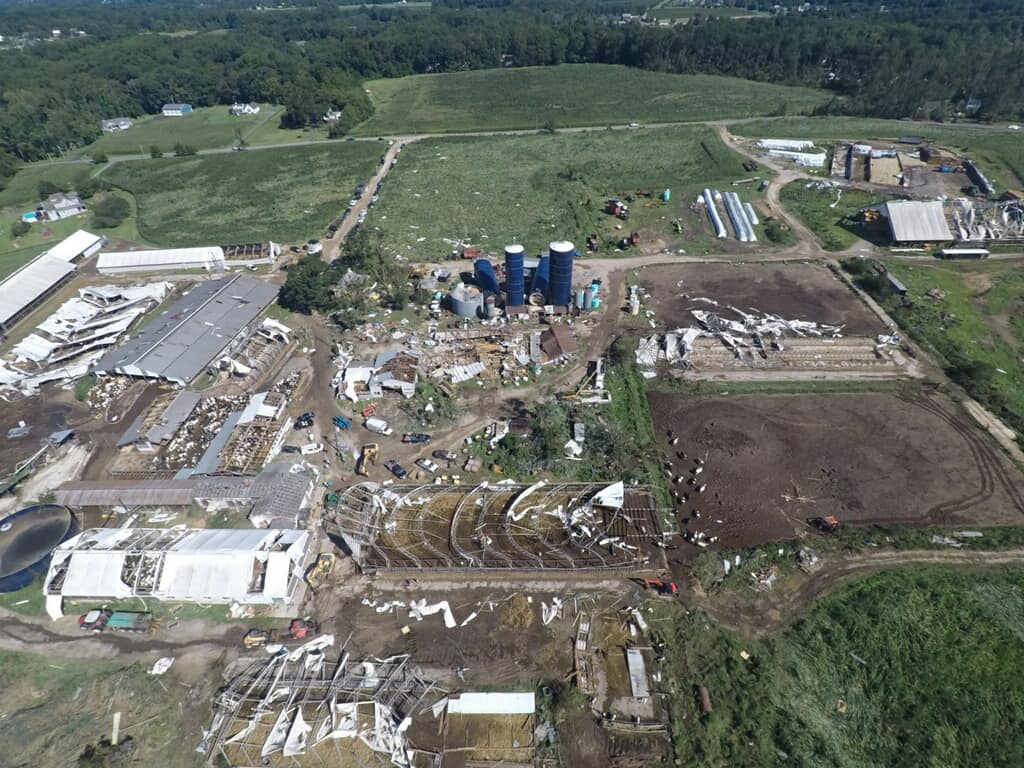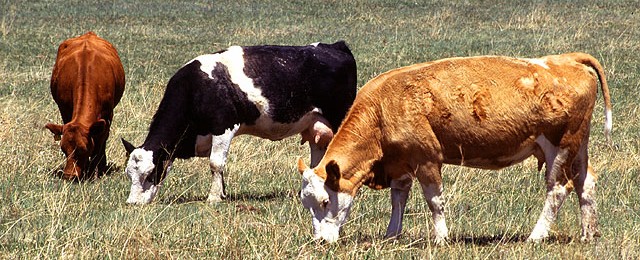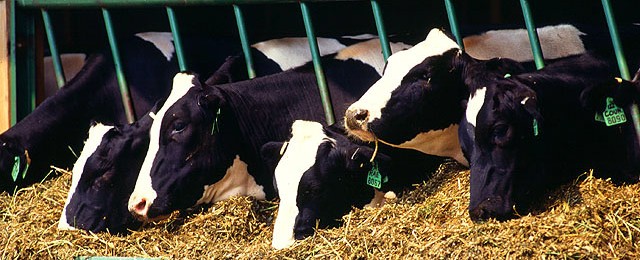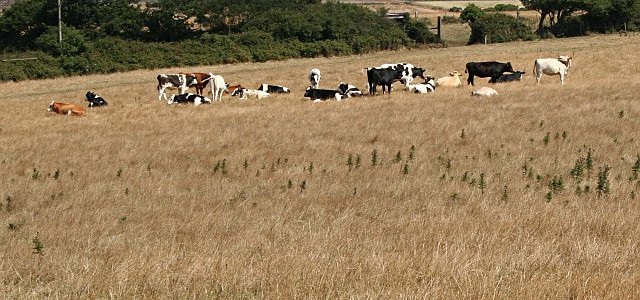Livestock
-

My Windows are filling up with stories I have recently read that might be of interest to some of you. Time for an updated list! The Verge: Shape-shifting storms like Ida are cities’ worst nightmare University of Minnesota: Atmospheric drying will lead to lower crop yields, shorter trees across the globe Science News: Think climate…
-

In many hurricanes, a number of weak tornadoes form on the spiral bands ahead of the storm. It is much rarer to find really strong tornadoes associated with hurricanes. However, as the remains of Hurricane Ida moved into the Northeast and merged with a front, several strong tornadoes formed ahead of the system. One EF…
-

I have way too many tabs open on my Windows computer. Here are some of the collected stories of interest that I have seen over the past few weeks. This batch is mostly stories on national or international climate and agriculture. I will publish a second list tomorrow for more local stories from the Southeast.…
-

Being prepared for an emergency on a livestock operation is more than knowing CPR and having a first aid kit nearby. Planning for extreme weather events and supply chain disruptions is critical for the livestock and poultry industries. In this webinar, we will discuss what happens when we plan for these extreme events and what…
-

Combining agriculture with other activities is not new for farmers, but the combination of producing solar energy and grazing livestock is relatively recent. As Modern Farmer points out, land that has solar panels on it is often ideal for cattle and sheep. In fact, if the panels are elevated, they can use the shade from…
-

If you’re a dairy farmer, feeding leftovers or scraps to cows is nothing new. As long as you keep their diets well balanced, cows can eat a surprising variety of things and stay healthy. But feeding leftovers to cattle also provides another benefit–it reduces food waste, one of the biggest contributors to greenhouse gas emissions.…
-

A new report from plant scientists at the University of California San Diego describes the specific mechanisms throughout the life cycle of crop plants that are most vulnerable to heat and how this affects crop productivity. They also discuss the present and future economic impacts of heat stress in agriculture and highlight new and upcoming…